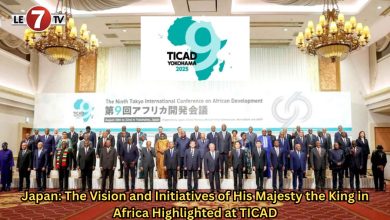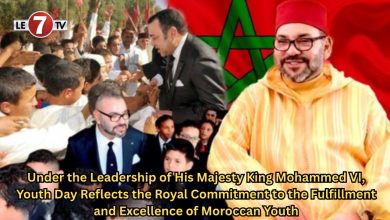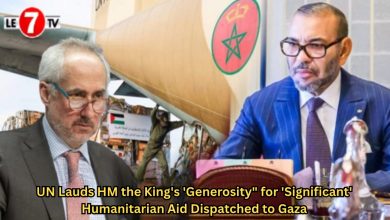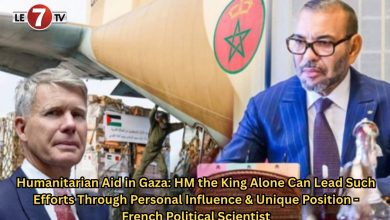Morocco’s Upper House Speaker Describes African Parliamentary Cooperation as Catalyst for Continental Integration
Rabat - African parliamentary cooperation is a democratic lever for advancing continental integration, said Mohamed Ould Errachid, Upper House speaker, on Wednesday in Rabat.
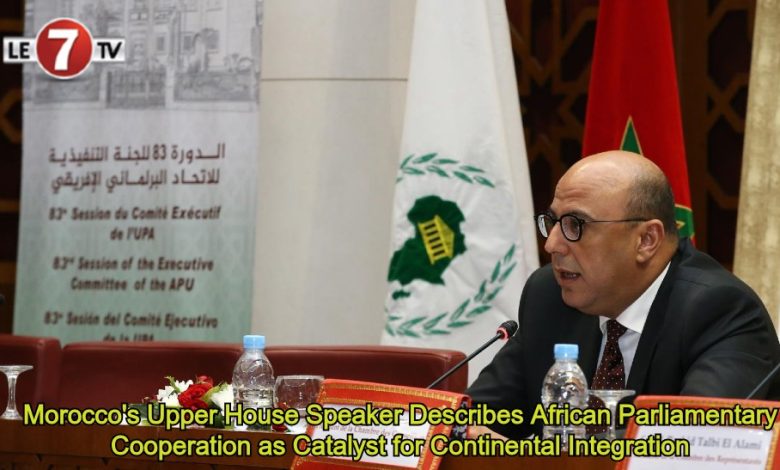
At the opening of the 83rd Session of the Executive Committee of the African Parliamentary Union (APU), held over two days at the Moroccan parliament, Ould Errachid called for united efforts to strengthen governance institutions, promote sustainable development, and empower youth, which he described as essential pillars for building a more promising future for the generations to come.
He emphasized that this session represents “an important step toward reinforcing parliamentary cooperation among African countries,” highlighting the need “to pool efforts and intensify joint action in the service of our peoples and to elevate our continent’s standing in a rapidly changing world marked by growing challenges.”
This session, he noted, is taking place amid a “critical regional and international context,” characterized by complex challenges relating to peace and security, sustainable development, social justice, and climate change. He highlighted the essential role of legislative institutions in addressing these challenges, particularly through innovative responses that meet the expectations of African citizens.
Ould Errachid reaffirmed that Morocco, under the enlightened leadership of His Majesty King Mohammed VI, has made African cooperation one of its strategic priorities. This approach is grounded in a shared destiny and Morocco’s sincere commitment to contributing to the emergence of a strong and united Africa.
In this spirit, he recalled the various initiatives and strategic projects launched by His Majesty the King, aimed at developing an innovative model of South-South cooperation and win-win partnerships based on the exchange of knowledge, skills, expertise, and resources.
He also highlighted the initiative of the Atlantic African States, describing it as a key framework for coordinating efforts among African countries and promoting cooperation across several sectors. He further mentioned the international initiative to facilitate Sahel countries’ access to the Atlantic Ocean, noting that the Africa-Atlantic gas pipeline project fits within this vision, which centers on advancing the continent’s development through regional integration.
Founded in Abidjan on February 13, 1976, the African Parliamentary Union (APU) now brings together 41 national parliaments. It serves as a platform for dialogue and cooperation among African legislatures.
The APU aims to strengthen joint African parliamentary action, promote peace, democracy, good governance, and sustainable development, while also fostering communication between African lawmakers and their counterparts from other continents.
Acting as one of the Union’s governing bodies, the Executive Committee consists of three members in each national group, elected by the Conference for a two-year term. It is tasked with overseeing the implementation of decisions and recommendations, adopting the action program, approving the budget, and enhancing relations with regional and international organizations.


